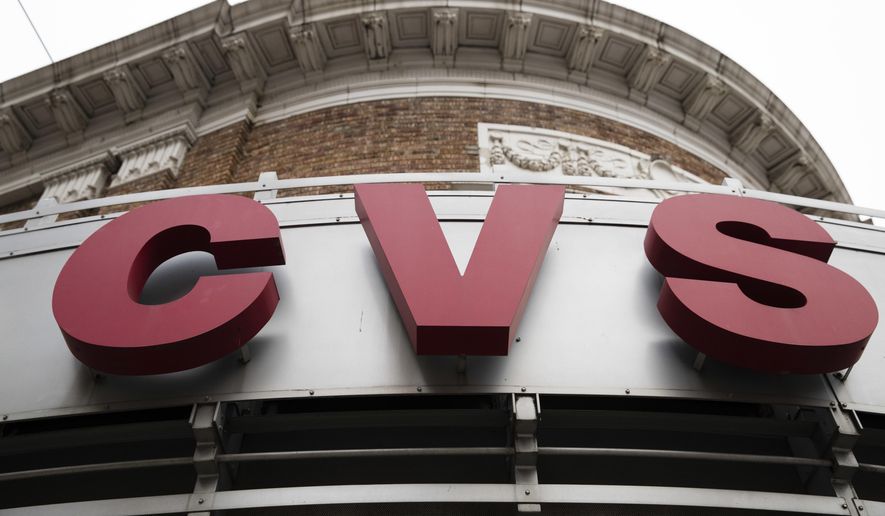CVS, one of the largest pharmacy companies in the U.S., issued new marching orders for its pharmacists on Thursday as part of the effort to counter the nation’s opioid abuse epidemic.
The guidelines call for expanded customer education, for company pharmacists to discuss the dangers of opioid addiction to both adolescents and also their parents, a $2 million donation to federal treatment facilities, new medication disposal kiosks and holding pharmacists accountable to follow federal guidelines in prescribing opioids.
“CVS Health is announcing an enterprise-wide campaign to combat the growing problem associated with opioids,” said CVS President and CEO Larry Merlo. “I think many people across the country have known someone that has been impacted. … We’ve seen it across the country, in the cities, in the suburbs, in rural America — it certainly doesn’t discriminate.”
The Rhode Island-based drugstore chain says it expects the expanded guidelines and initiatives to be rolled out by February 2018.
CVS counts nearly 10,000 pharmacies across the U.S. and says it fills more than 90 million customer prescriptions. U.S. opioid prescribing rates have increased from 76 million in 1991 to 207 million by 2013, the company said in a statement.
The federal Centers for Disease Control and Prevention’s guidelines recommend that physicians only prescribe between a three- and seven-day supply of opioids for “certain acute prescriptions,” limit daily dosage of opioids based on their strength and fill prescriptions with immediate-release formulations of opioids before offering extended-release options.
Pharmacists are obligated to reach out to the prescribing doctor if a prescription doesn’t adhere to these guidelines.
CVS will expand its “drug takeback kiosks,” adding 750 in its locations nationwide. It had earlier donated 800 medication-disposal units to law enforcement bureaus across the country.
“Over the last two years or so, just with those 800 units, we’ve actually taken back over 100 metric tons of drugs out of medicine cabinets, getting them away and off the streets and disposing them in a safe and environmentally sensitive way,” said Thomas Moriarty, the chief policy and external affairs officer for CVS, in a statement.
CVS rival Walgreens took similar steps in the last few years, setting up medication disposal kiosks, offering increased access to naloxone, the opioid reversal medication, and expanding community outreach.
Forty-three states have standing orders for naloxone, which allows pharmacists to provide the medication at their discretion and without a doctor’s prescription. A number of states have passed legislation making naloxone available without a prescription.
A February review of intervention methods by Walgreens, published in the Journal of the American Pharmacists Association, found that while the programs showed promise, differing policies and regulation across states undercut the efficacy of the programs.
• Laura Kelly can be reached at lkelly@washingtontimes.com.




Please read our comment policy before commenting.